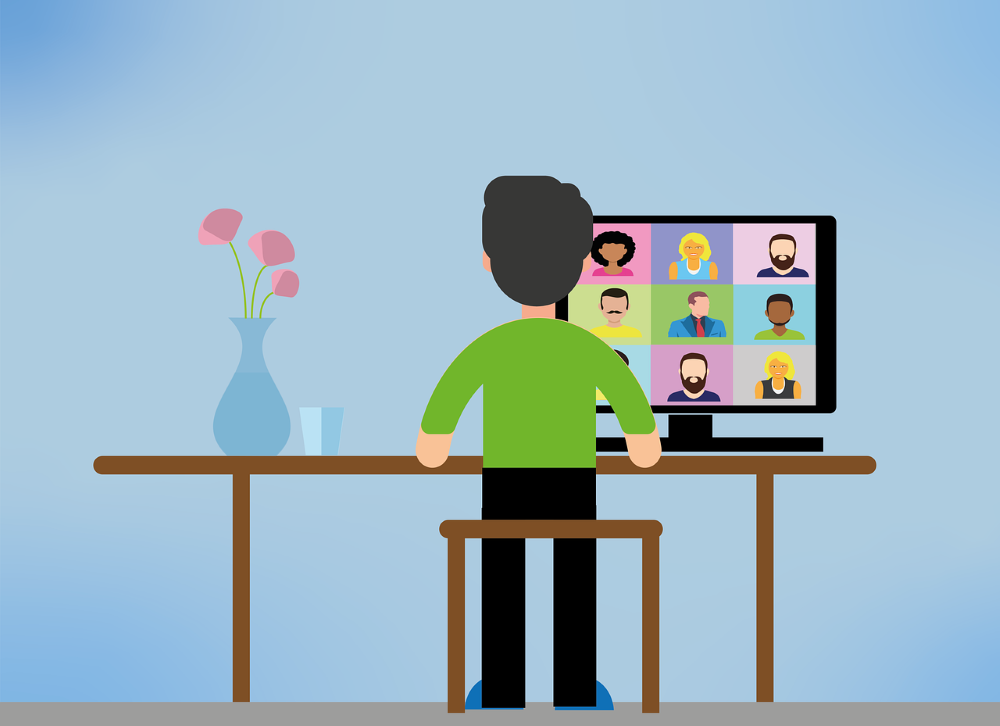
Empowering Adult Survivors of Child Abuse Through Community
Humans are, by nature, social beings. We live together as family units and as part of a community. We work in teams. When disasters strike, we band together to provide support. So it’s not just that we enjoy socializing; we are biologically social creatures.
Early humans depended on the community for survival. Living in clans enabled humans to build social networks to meet the daily challenges of their environments. We’re not all that different today. We thrive in groups forging social connections and embracing communities to learn new things, share our experiences, and gain support.
It’s one of the reasons life in the pandemic is so challenging. Social or physical distancing robbed us of our usual social outlets. Fortunately, technology provided a lifeline for many people.
Hardwired to Connect
Neuroscience research shows that humans are hardwired to connect with others. As a result, we find solace when we belong. In addition, scientific evidence demonstrates that mirror neurons in our brains are stimulated when we interact, making pathways in our brains light up to mirror the emotions and behaviors the other person conveys when talking with someone.
The Power of Connection
Maslow’s “hierarchy of needs” theory, published in 1943, argued that a person couldn’t reach fulfillment without love and belonging following closely behind basic needs, such as food and shelter. At the time, there was little scientific evidence to support his theory. However, emerging research gives his theory credibility taking it a step further, suggesting that the human need to connect socially is a basic human need—as crucial to survival as food, shelter, and water.
Linking Community and Health
It doesn’t just feel good to be part of a group; connecting has proven tangible health benefits. But just how powerful is a person’s social connection to health?
One landmark study showed that lack of social connection is a greater detriment to health than obesity, smoking, and high blood pressure. Another study found that lonely people are at higher risk for multiple illnesses, including heart disease, cancer, and Alzheimer’s.
Research has also shown compelling evidence that strong social relationships can:
- Increase longevity by as much as 50 percent
- Strengthen your immune system
- Help you recover from disease faster
- Lower levels of anxiety and depression
- Boost your self-esteem
The Power of Community for Adult Survivors of Child Abuse
The consequences of child abuse are varied and can be different from person to person. But, as anyone who’s an adult survivor of child abuse can attest, it can have long-lasting, adverse effects that can impact adults’ mental, emotional and physical health.
Often, adult survivors of child abuse blame themselves or are made to feel it’s their fault. But this is never the case. Unfortunately, some adults are reluctant to tell anyone about their abuse as a child. There are several reasons that adult survivors might not share their stories.
Confusion and Denial
It’s not unusual for a child abuse survivor to have only vague memories or no memories of the abuse. This phenomenon, known as dissociation, happens when there’s a disconnection between a person’s thoughts, memories, feelings, and actions. It’s a defense mechanism used to help people tolerate something that might otherwise be too difficult to bear.
Like dissociation, denial is a defense mechanism designed to prevent people from facing things that are too painful. It can even allow us to block out or “forget” intense pain caused by emotional or physical trauma such as childhood abuse.
Fear
Some survivors fear repercussions from discussing their abuse, even as adults. They may fear that people won’t believe them or that telling the truth will ignite family drama.
Shame
When people are victimized, they often feel shame because they feel helpless and humiliated. Feeling shame may be especially true for survivors of child sexual abuse because they feel dirty, damaged, or corrupted.
These feelings can be powerful deterrents that prevent survivors from disclosing and sharing their stories. Fortunately, many survivors have learned that speaking their truth can be healing, not just for them but also for others.
Experiencing child abuse can send a person’s life into a tailspin. Seeking therapy can be a tremendous help, but equally as important is connecting with others experiencing similar things.
Being an adult survivor can be incredibly isolating. However, participating in a support group, such as Louder than Silence: Ending Child Abuse and Neglect Survivor Community, launched by EndCAN through Inspire, can make a tremendous difference. It’s a safe place with authentic, compassionate, non-judgemental people who have “been there” who offer reassurance, companionship, and practical support. Survivors can also share their stories to EndCAN’s website, read other survivor stories, or share their stories on EndCAN’s podcast.
Find information and resources to help you or someone you love. EndCAN will be with you on your path to healing.
